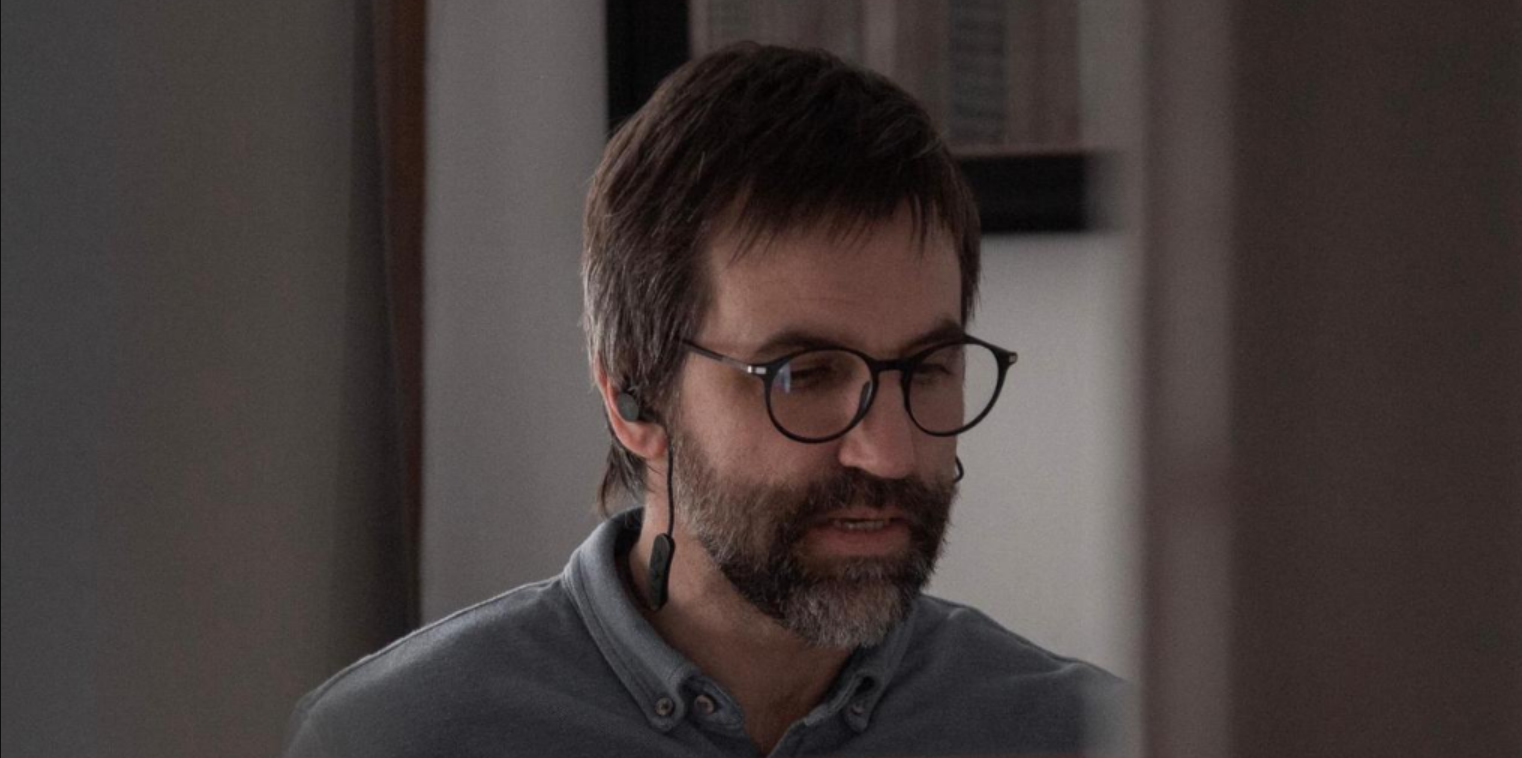
@s_guilbeault/Twitter)
The implementation of the Indigenous Language Act—an act supporting the efforts of Indigenous Peoples to reclaim, revitalize, maintain and strengthen Indigenous languages—remains a top priority for the Government of Canada.
The Honourable, Minister of Canadian Heritage, announced today that the Government of Canada is taking essential steps to advance the implementation of the Indigenous Languages Act by hosting a series of virtual consultations across Canada. This will fulfill an important obligation of the act for the minister to consult directly with Indigenous Peoples on the appointment of a Commissioner of Indigenous Languages and up to three directors who will form the Office of the Commissioner of Indigenous Languages. Consultations will also seek input on how an Indigenous languages funding model can best meet the needs of First Nations, Inuit and the Métis Nation for the reclamation, revitalization, maintenance, and strengthening of Indigenous languages.
The Government of Canada will host close to 40 virtual consultations with Indigenous Peoples across Canada. This is a virtual re-launch of the in-person engagement sessions, which kicked off in March in Whitehorse, Yukon. As a result of the COVID-19 pandemic, the decision was made to re-engage virtually, given that in-person sessions are not possible at this time. An online questionnaire is also available to ensure the minister hears from all interested parties, including Indigenous elders, youth, persons with disabilities, women, men, two-spirit, and LGBTQ persons. The Government of Canada is working with the Assembly of First Nations, Inuit Tapiriit Kanatami and the Métis National Council on the development of the consultations and on the implementation of the act, as set out in the legislation.
Like the majority of Governor in Council positions, a selection committee will be created to support the appointment process for the positions of Commissioner and Directors of Indigenous Languages. In the spirit of reconciliation, the selection committee will also include First Nations, Inuit and Métis Nation representatives.
In early 2021, the Government of Canada will host a virtual Indigenous Languages Symposium, which will bring together a wide range of national and international experts to share their knowledge and best practices on the revitalization of Indigenous languages. The Government of Canada is working with t he Assembly of First Nations, Inuit Tapiriit Kanatami and the Métis National Council to plan the symposium.
Quotes
“Indigenous Peoples know best how to lead the reclamation, revitalization, maintenance and strengthening of their languages, which is why our government is working closely with Indigenous partners to ensure this is done right. The consultations and the Indigenous Languages Symposium are key to the successful implementation of the Indigenous Languages Act in promoting and revitalizing Indigenous languages, and to strengthen our relationship with Indigenous partners and communities.”
—The Honourable Steven Guilbeault, Minister of Canadian Heritage
Quick facts
- The Indigenous Languages Act was developed in consultation with Indigenous Peoples and received Royal Assent June 21, 2019.
- The establishment of an Office of the Commissioner of Indigenous Languages, with a commissioner and up to three directors appointed by the Governor in Council, is stated in the Indigenous Languages Act. The office will be an independent institution.
- Virtual consultations will use video conferencing and teleconferencing technology. While these approaches are currently necessary to ensure everyone’s safety and to respect public health recommendations, they will not be a long-term replacement to more traditional, in-person events.
- The symposium will establish national and international networks supporting the reclamation, revitalization, strengthening and maintenance of Indigenous languages. The symposium involves an international focus that will offer comparative perspectives to enrich the discussions, complement the consultations, and consider the upcoming Decade for Indigenous Languages.
- Budget 2019 announced an investment of $333.7 million over five years, starting in 2019-2020, with $115.7 million ongoing, to support implementation of the act.